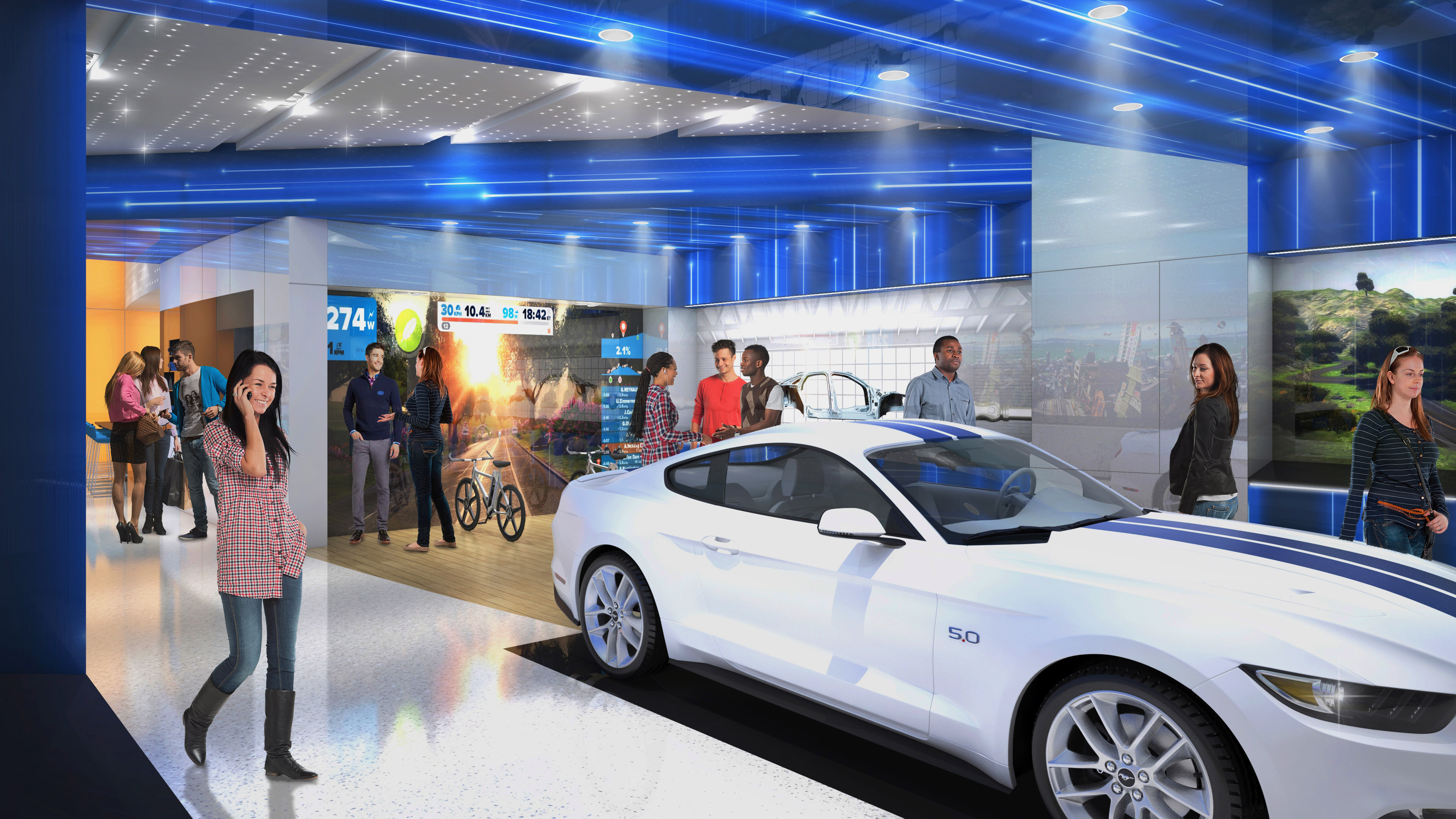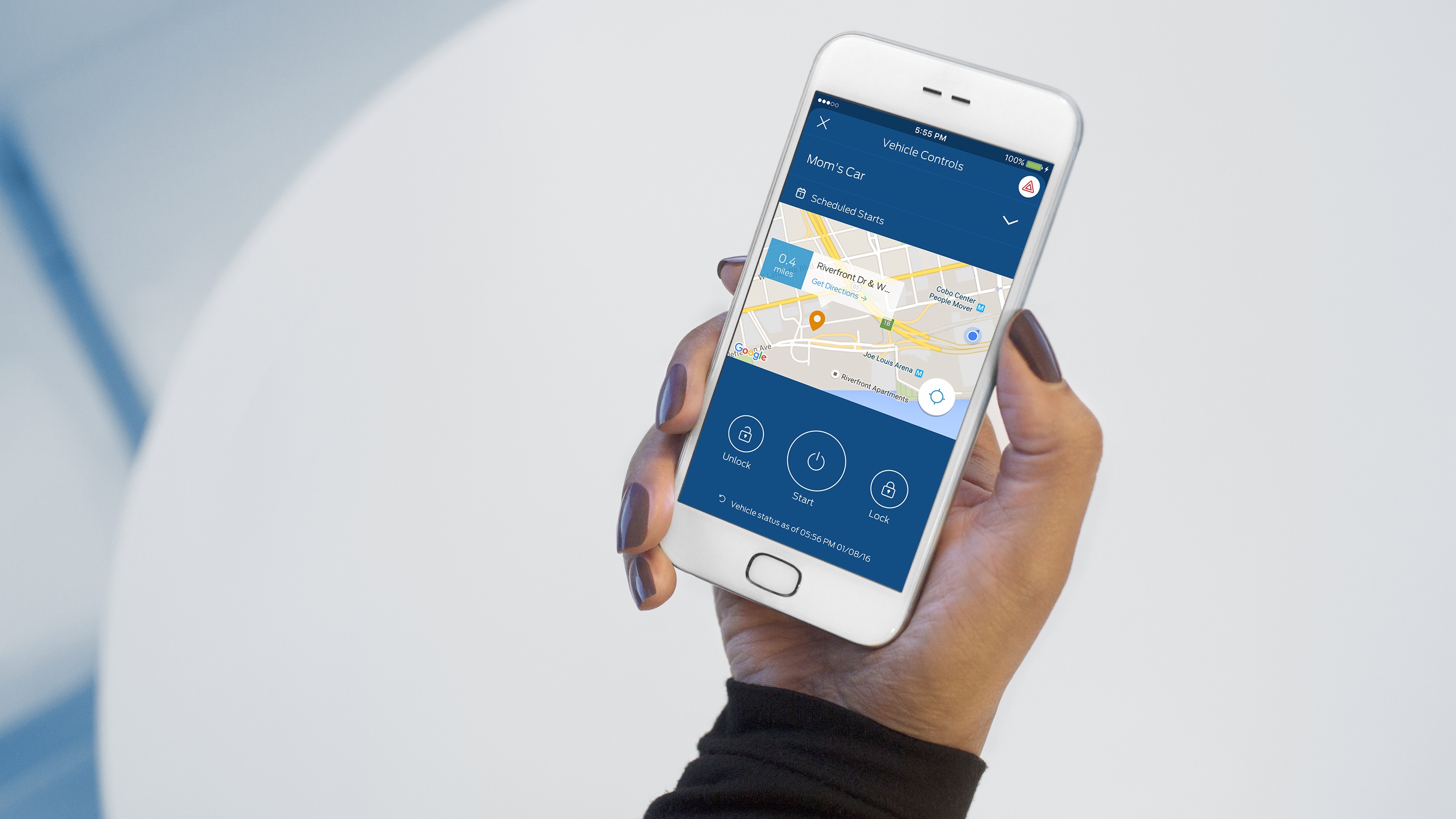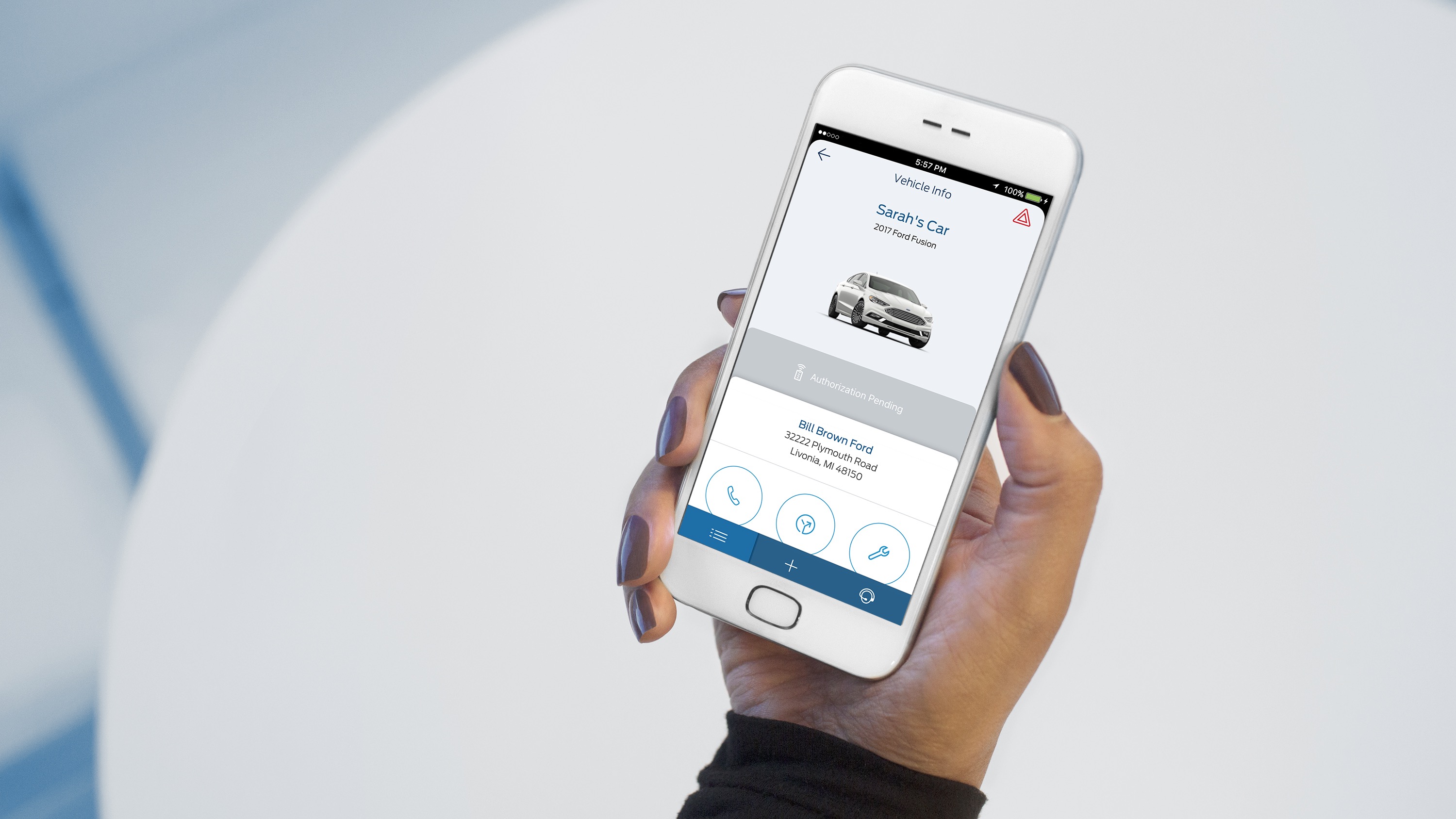Your car is going to start working like a phone sooner than you think
Will cars replace our phones?

Sign up for breaking news, reviews, opinion, top tech deals, and more.
You are now subscribed
Your newsletter sign-up was successful
You pull up to the McDonald’s in your area. You’re hungry and tired after a long day at work, and you order the first burger you see on the menu.
For most of us, the next step is the most annoying. You reach for your wallet and pull out a credit card. The transaction takes a few minutes, partly because the person processing the order is a little sleepy.
Frustrating, for sure. And seriously outdated in terms of using a credit card. A much better way to order? In the near future, the car itself will help you make the purchase.
Your Audi A5 or Chevy Malibu will understand your surroundings and know where you are. So if you do use the drive-thru, during check-out the car will transmit the transaction securely, no wallet needed.

That’s the trend that started with a telematics platform called FordPass in 2016, but there are signs it could evolve much further. FordPass is an app and a platform – drivers can use it to search for an opening parking spot, then pay for the transaction.
However, another trend is trumping the concept of an automaker mobile app.
As voice assistants like Alexa gain popularity, within cars but also in our homes and at work, there’s less of a need to turn your phone into an all-powerful gadget for controlling everything in life.
Sign up for breaking news, reviews, opinion, top tech deals, and more.

In fact, in the near future, having your car work more like a phone makes perfect sense.
The cellular connections are already available – GM introduced 4G in many models quite a few years ago, and so did Audi. Touchscreen displays already show you what’s on your phone, using Apple CarPlay or Android Auto.
A future without phones?
The question is why the phone is even necessary when you drive. (Incidentally, this also completely solves the distracted driving problem because drivers don’t need to bring their phones with them at all.)
The touchscreen in a car would let you pay for the drive-through order, parking spots, plane tickets, and everything in between.
Using a secure, encrypted connection, the vehicle could tap into the kiosk system available at fast food restaurants, the parking garage, and Expedia to make travel arrangements. Drivers could use the touchscreen or communicate with a voicebot that is built-in (or even customized for the car).
There are no issues with storage – your portable “device” becomes the entire car. Automakers can make sure the connection is secure, highly usable when driving or parked, and there’s an added benefit of partnering with famous brands to make the transaction easier.

In terms of drawbacks, there are only a few. Once we start using a car like a phone, we won’t need the phone – at least up until we leave the car.
Yet, if voice assistants and touchscreens become more widely available, the idea of carrying around a phone at all times becomes superfluous. We can talk to bots at home, or use an actual desktop or laptop.
More likely, the functionality on a car would augment what we do with our phones, or eventually wean us from using them so often, which is the biggest benefit of all.
And, there are some issues related to the interface differences between a Jaguar, a Ford, and an Audi. If you rent a car, you will be presented with a whole new way to order a hamburger. That’s minor, though -- most of us stick with the same car for long periods. In the end, the benefits of keeping our eyes on the road outweigh any of the minor irritations.
On The Road is TechRadar's regular look at the futuristic tech in today's hottest cars. John Brandon, a journalist who's been writing about cars for 12 years, puts a new car and its cutting-edge tech through the paces every week. One goal: To find out which new technologies will lead us to fully driverless cars.
- Next up: read our Garmin Drive 51 LMT-S sat nav review

John Brandon has covered gadgets and cars for the past 12 years having published over 12,000 articles and tested nearly 8,000 products. He's nothing if not prolific. Before starting his writing career, he led an Information Design practice at a large consumer electronics retailer in the US. His hobbies include deep sea exploration, complaining about the weather, and engineering a vast multiverse conspiracy.